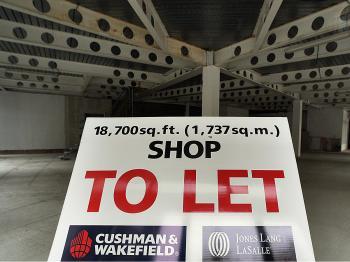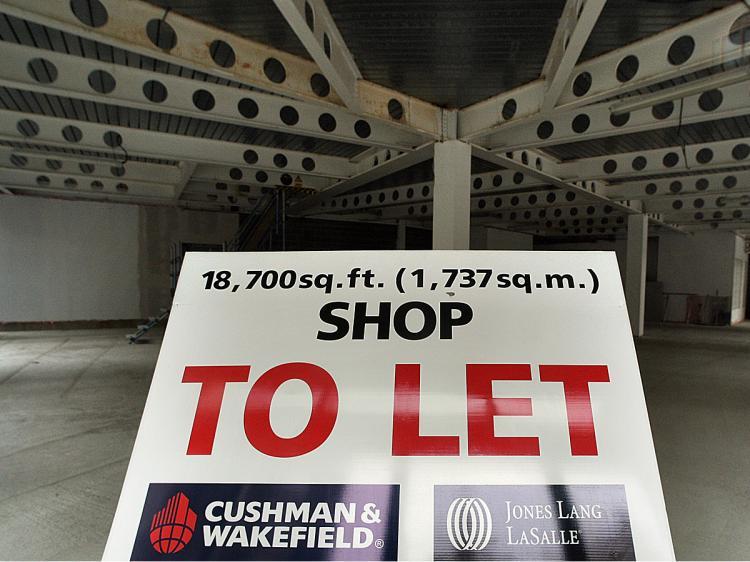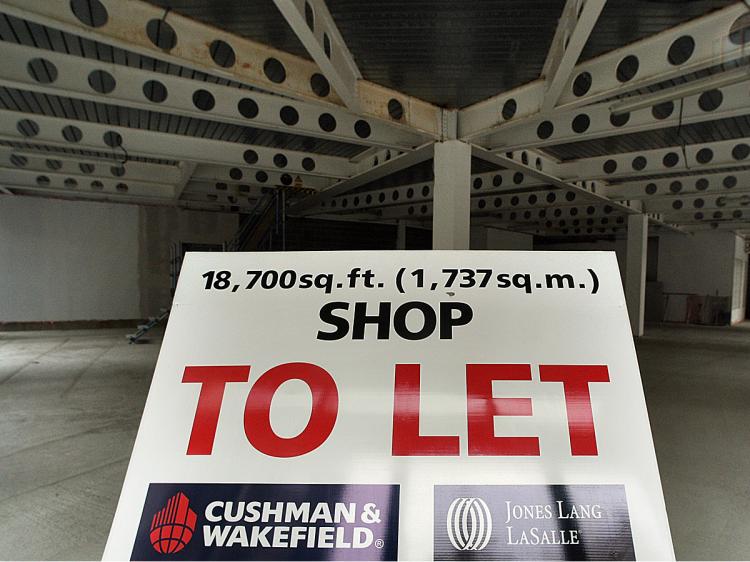London is the top city for commercial real estate investment, outstripping previously hot cities such as Washington D.C. and New York, according to a recent survey by the Association of Foreign Investors in Real Estate (AFIRE).
London’s 2010 score is 31 points higher than second-place Washington, and 40 points higher than third-place New York. In the 2009 survey, London was in second place, separated from first-place Washington by only four points and third-place New York by a mere two points.
Paris and Tokyo rounded out the top five cities.
The United States was a clear 21 points ahead of second place U.K. as the country perceived to provide the most capital appreciation. With 51 percent of the votes, the U.S. reached its strongest level since 2003, rising high from 37 percent in 2008 and 26 percent in 2007.
Two-thirds of respondents plan to increase their investment in the U.S. in 2010 compared to 2009, according to the survey.
Survey respondents own more than $842 billion of real estate globally including $304 billion in the U.S. The survey was conducted in the fourth quarter of 2009 by almost 200 investors.
“Although foreign investors expressed every intent to resume investing in 2009, like everyone else, their plans were sidelined by a paralyzed marketplace with no precedent and limited investment opportunities,” said Werner Sohier, senior portfolio manager real estate, PGGM and AFIRE’s newly elected chairman. “However, new money is becoming available and the AFIRE survey points to an increased focus and interest in a few select markets for 2010, especially London and in the U.S., where prospects appear to be brightening.”
The United States dropped points as the “most stable and secure real estate investment environment,” but remains at the top in this category. Germany was second with 21 percent and Canada third with 14 percent.
“The financial crisis of the past year has obviously affected investors’ perceptions of U.S. real estate as ‘stable and secure,’” explains Fetgatter. “However, it is also apparent that opportunity lies within this instability since the U.S., along with the U.K., show substantially higher scoring for expected capital appreciation.
Ousting New York from its top spot for the second year in a row as the most lucrative city investment-wise is Washington D.C. The two cities are streets ahead of third place San Francisco and fourth place Boston. Los Angeles takes out fifth spot.
The top five emerging markets selected by survey respondents are China, Brazil, India, Mexico, and Turkey. Investors indicate intent to place almost all of their “emerging market” capital into China at the expense of other emerging markets. Brazil and India take a hit as the interest moves to China, both receiving only half the votes that China received.
Green features are moving up the ranks in importance as more investors surveyed said they are a factor in property purchase decisions.
Properties with green attributes will “significantly” influence 14 percent of survey respondents’ decision making, according to the survey; 70 percent say green attributes are “somewhat” of an influence. In the 2009 survey, the numbers were 12 percent and 60 percent respectively.
London’s 2010 score is 31 points higher than second-place Washington, and 40 points higher than third-place New York. In the 2009 survey, London was in second place, separated from first-place Washington by only four points and third-place New York by a mere two points.
Paris and Tokyo rounded out the top five cities.
The United States was a clear 21 points ahead of second place U.K. as the country perceived to provide the most capital appreciation. With 51 percent of the votes, the U.S. reached its strongest level since 2003, rising high from 37 percent in 2008 and 26 percent in 2007.
Two-thirds of respondents plan to increase their investment in the U.S. in 2010 compared to 2009, according to the survey.
Survey respondents own more than $842 billion of real estate globally including $304 billion in the U.S. The survey was conducted in the fourth quarter of 2009 by almost 200 investors.
“Although foreign investors expressed every intent to resume investing in 2009, like everyone else, their plans were sidelined by a paralyzed marketplace with no precedent and limited investment opportunities,” said Werner Sohier, senior portfolio manager real estate, PGGM and AFIRE’s newly elected chairman. “However, new money is becoming available and the AFIRE survey points to an increased focus and interest in a few select markets for 2010, especially London and in the U.S., where prospects appear to be brightening.”
The United States dropped points as the “most stable and secure real estate investment environment,” but remains at the top in this category. Germany was second with 21 percent and Canada third with 14 percent.
“The financial crisis of the past year has obviously affected investors’ perceptions of U.S. real estate as ‘stable and secure,’” explains Fetgatter. “However, it is also apparent that opportunity lies within this instability since the U.S., along with the U.K., show substantially higher scoring for expected capital appreciation.
Ousting New York from its top spot for the second year in a row as the most lucrative city investment-wise is Washington D.C. The two cities are streets ahead of third place San Francisco and fourth place Boston. Los Angeles takes out fifth spot.
The top five emerging markets selected by survey respondents are China, Brazil, India, Mexico, and Turkey. Investors indicate intent to place almost all of their “emerging market” capital into China at the expense of other emerging markets. Brazil and India take a hit as the interest moves to China, both receiving only half the votes that China received.
Green Becoming More Important Factor
Green features are moving up the ranks in importance as more investors surveyed said they are a factor in property purchase decisions.
Properties with green attributes will “significantly” influence 14 percent of survey respondents’ decision making, according to the survey; 70 percent say green attributes are “somewhat” of an influence. In the 2009 survey, the numbers were 12 percent and 60 percent respectively.







